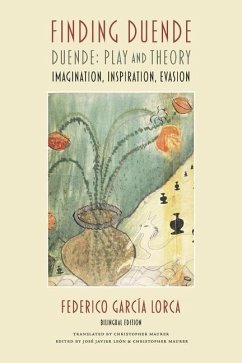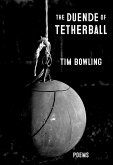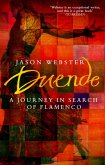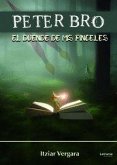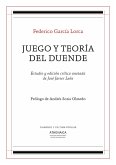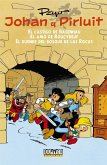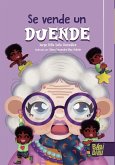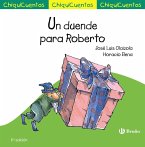"For years, Federico Garcâia Lorca's lecture on duende has been a source of insight for writers and performers, including Ted Hughes, Nick Cave, Patti Smith, and Amanda Gorman. Duende: Play and Theory not only provides a path into Lorca's poetics and the arts of Spain; it is one of the strangest, most compelling accounts of inspiration ever offered by a poet. Contrasting the demon called duende with the Angel and the Muse, Lorca describes a mysterious telluric, diabolical current, an irreducible "it," that can draw the best from both performer and audience. This new translation by Christopher Maurer, based on a thoroughly revised edition of the Spanish original of 1933, also included in this volume, offers a more accurate and fully annotated version of the lecture, with an introduction by eminent philologist Josâe Javier Leâon. Drawing on a deep knowledge of flamenco, and correcting decades of discussion about duende and its supposed origins in Spanish folklore and popular speech, Leâon shows to what extent the concept of duende - understood as the imp of artistic inspiration - was the playful, yet deadly serious, invention of Lorca himself. Lorca's bravura performance of duende is foreshadowed here with a bilingual version - the most complete ever - of his other major text on inspiration, "Imagination, Inspiration, Evasion," in which he calls for greater freedom in poetry as if searching for duende and its "constant baptism of newly created things.""--

